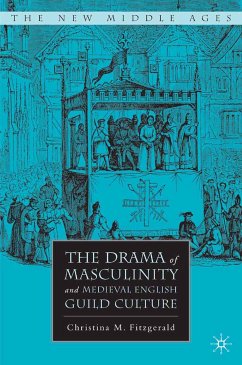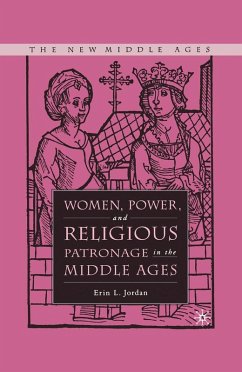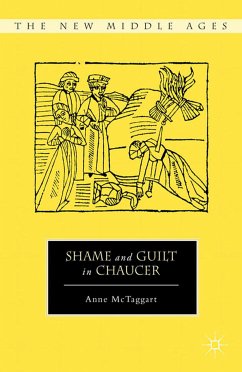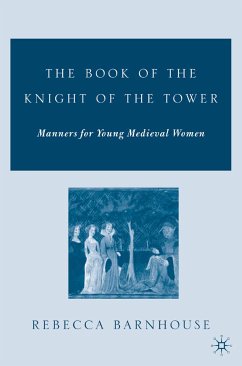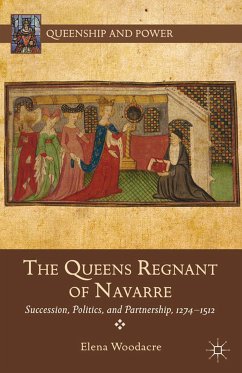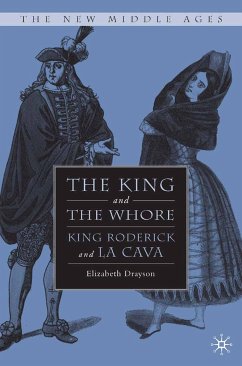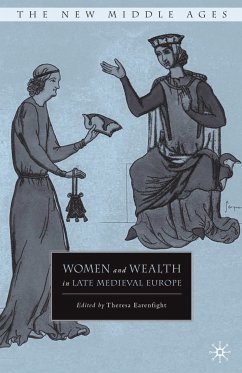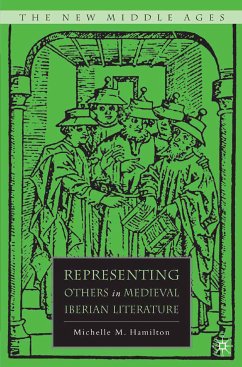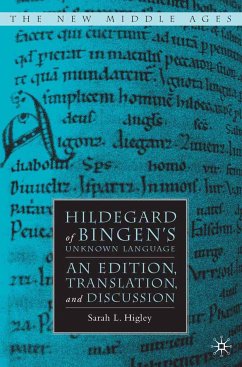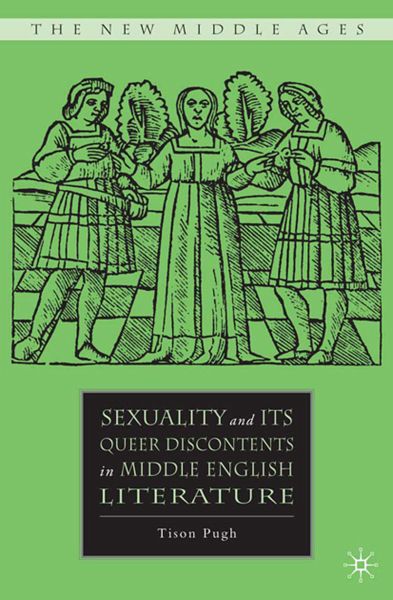
Sexuality and its Queer Discontents in Middle English Literature (eBook, PDF)
Versandkostenfrei!
Sofort per Download lieferbar
40,95 €
inkl. MwSt.
Weitere Ausgaben:

PAYBACK Punkte
20 °P sammeln!
This book exposes the ways in which ostensibly normative sexualities depend upon queerness to shore up their claims of privilege. Through readings of such classic texts as The Canterbury Tales and Eger and Grime , Tison Pugh explains how sexual normativity can often be claimed only after queerness has been rejected.
Dieser Download kann aus rechtlichen Gründen nur mit Rechnungsadresse in A, B, BG, CY, CZ, D, DK, EW, E, FIN, F, GR, HR, H, IRL, I, LT, L, LR, M, NL, PL, P, R, S, SLO, SK ausgeliefert werden.



